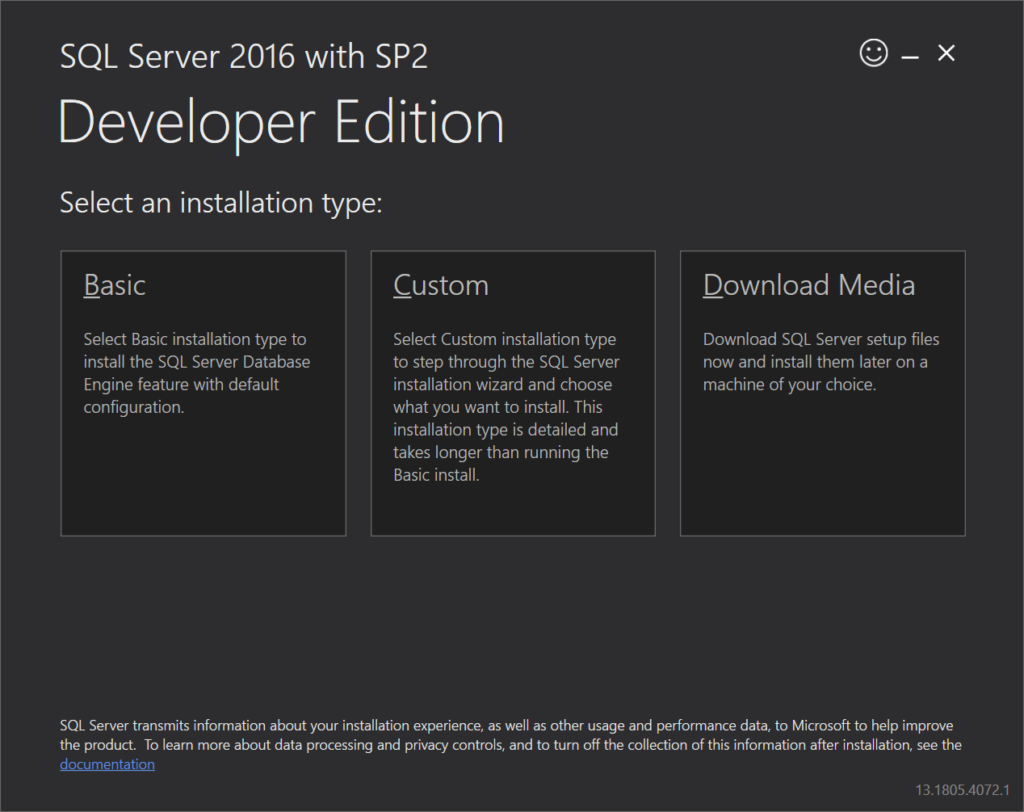
This means to develop new SSIS packages you must go download SSDT from the Microsoft download site. In prior versions of Integration Services, SSDT was part of the SQL Server installation, but with the release of SQL Server 2014, SSDT has been decoupled from the SQL Server installer. In SQL Server 2014, the SSIS development environment is detached from SQL Server, so you can develop your SSIS solution offline and then deploy it wherever you like in a single click. Either way, the user experience is the same.
#INSTALL SQL SERVER 2014 SSIS AND SSRS FULL VERSION#
If you have the full version of Visual Studio 2013 and SQL Server 2014 installed, you can create business intelligence projects there as well as in the full interface, but as far as SSIS is concerned, there’s no added value in using the full version of Visual Studio. SSDT uses a subset of the full version of Visual Studio 2013. It is where you create and deploy your SSIS projects. The SQL Server Data Tools (SSDT) is where you’ll spend most of your time as an SSIS developer. Working with SQL Server 2014 Change Data Capture In SSIS.SSIS Workflow Tasks – Integration Services.Windows Management Instrumentation Tasks In SSIS.Versioning and Source Code Control - SSIS.Various Types of Transformations In SSIS - 2014.Understanding Data Types Using Variables, Parameters and Expressions - SSIS.Typical Mainframe ETL With Data Scrubbing In SSIS.SQL Server The Data Flow Sources in SSIS 2014.SQL Server Management Objects Administration Tasks In SSIS.SSIS Script Task Assign Value to Variable.Pipeline Performance Monitoring In SSIS.What is Open Database Connectivity (ODBC) in SSIS.Import and Export Wizard in SSIS with SQL Server Data.Using the Merge Join Transformation in SSIS.Overview of Master Data Services SQL Server in SSIS.Software Development Life Cycle in SSIS.

#INSTALL SQL SERVER 2014 SSIS AND SSRS HOW TO#
How to do Incremental Load Data using Control Table Pattern in SSIS.How to Use Derived Column Transformation in SSIS with Example - SSIS.



 0 kommentar(er)
0 kommentar(er)
